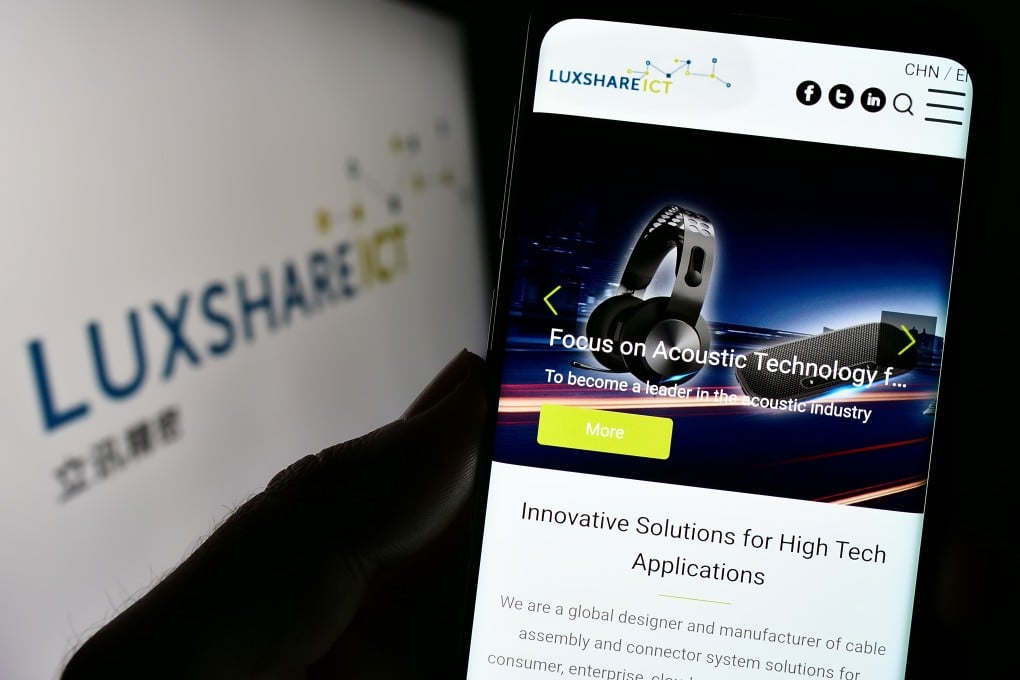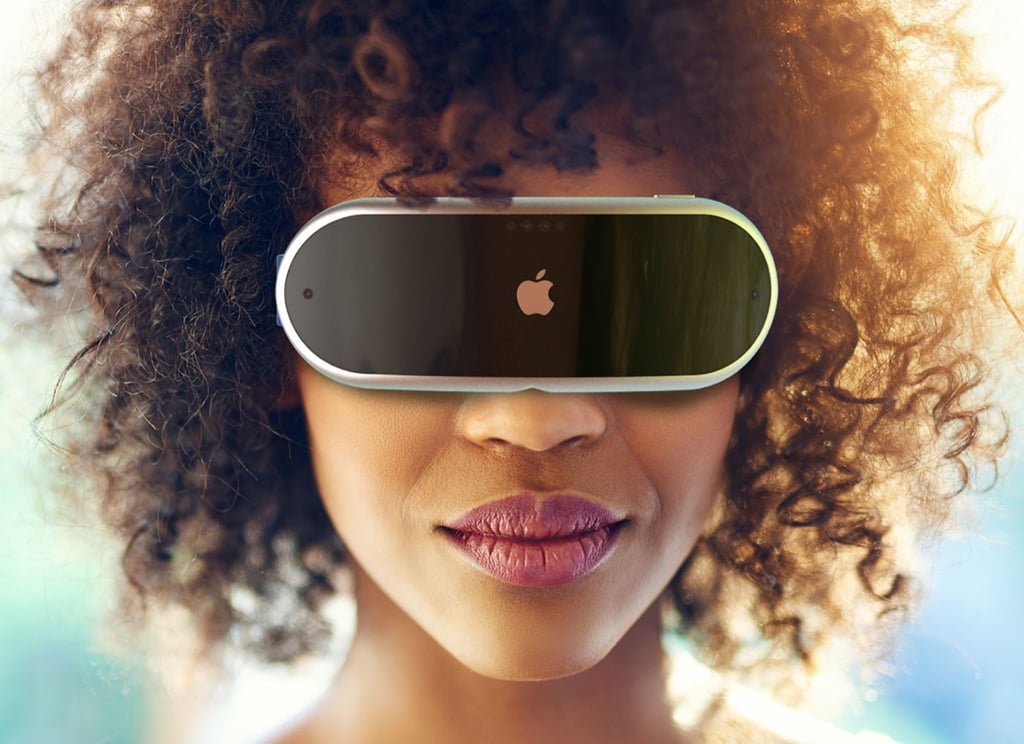Apple casts fresh vote of confidence in China’s manufacturing supply chain as Luxshare said to make new mixed-reality headset
- The reported deal would mark the first time that Apple has enlisted a mainland Chinese supplier to build a ‘first-generation’ product
- Shenzhen-based Luxshare, which is Apple’s primary contract manufacturer of AirPods, was recently tapped to make iPhones

While neither Apple nor Luxshare officially confirmed that deal, which was first reported by Nikkei Asia on Thursday, analysts said the partnership was a natural development given the Chinese contractor’s long experience with building innovative wearable consumer electronics devices.
“It was just a matter of time before Apple tapped Luxshare to make a new product,” said Ivan Lam, a senior analyst at tech consultancy Counterpoint Research. He added that this deal would mark the first time that Apple has enlisted a mainland Chinese supplier to build a “first-generation” product.

“Apple’s strategy to have multiple suppliers for one product works on a new product as well,” Counterpoint’s Lam said. “It has contracted Foxconn or Pegatron [to make] new products before. Now it’s Luxshare’s turn.”